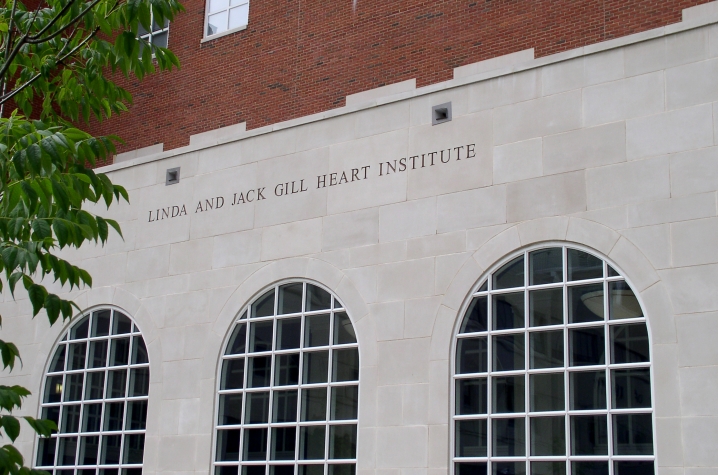Gill Heart Institute Receives $2.85 Million Grant to Study How Diet, Family History Increase Heart Attack Risk

LEXINGTON, Ky. (May 14, 2015) -- Researchers at the University of Kentucky's Gill Heart Institute have been awarded a four year, $2.85 million grant from the National Heart Lung and Blood Institute to study the mechanisms by which diet and family history increase the risk of heart attacks.
"Although the risk of heart attacks is clearly increased by lifestyle factors such as smoking and obesity, family history is also an important factor, but we don't know exactly how the genes that associate with this risk alter the biological processes that give rise to heart disease" said Andrew Morris, Ph.D., with the Gill Heart Institute. "This new grant will support ongoing studies into the genetic cascade of events that gives rise to increased risk for cardiovascular disease."
A gene called PPAP2B is responsible for a process that confers substantial protection against the development of heart disease.
"Recent advances in analysis of the human genome have revealed a link between subtle variations that determine how the PPAP2B gene is turned on and increased cardiovascular disease risk," said Dr. Susan Smyth, director of the Gill Heart Institute and co-PI for the grant. "The question is, 'what is the process by which this gene either protects -- or fails to protect -- people from cardiovascular disease?'"
"The answer to this question might lead to the development of drugs to prevent cardiovascular disease."
Morris also noted that being overweight or obese increases cardiovascular disease risk and the PPAP2B gene may play a role in the process by which increased levels of certain lipids or fats in obese or overweight people promote heart disease.
"One implication of this idea is that our studies of the PPAP2B might reveal a connection between diet and inheritable risk factors for heart disease," he said.




